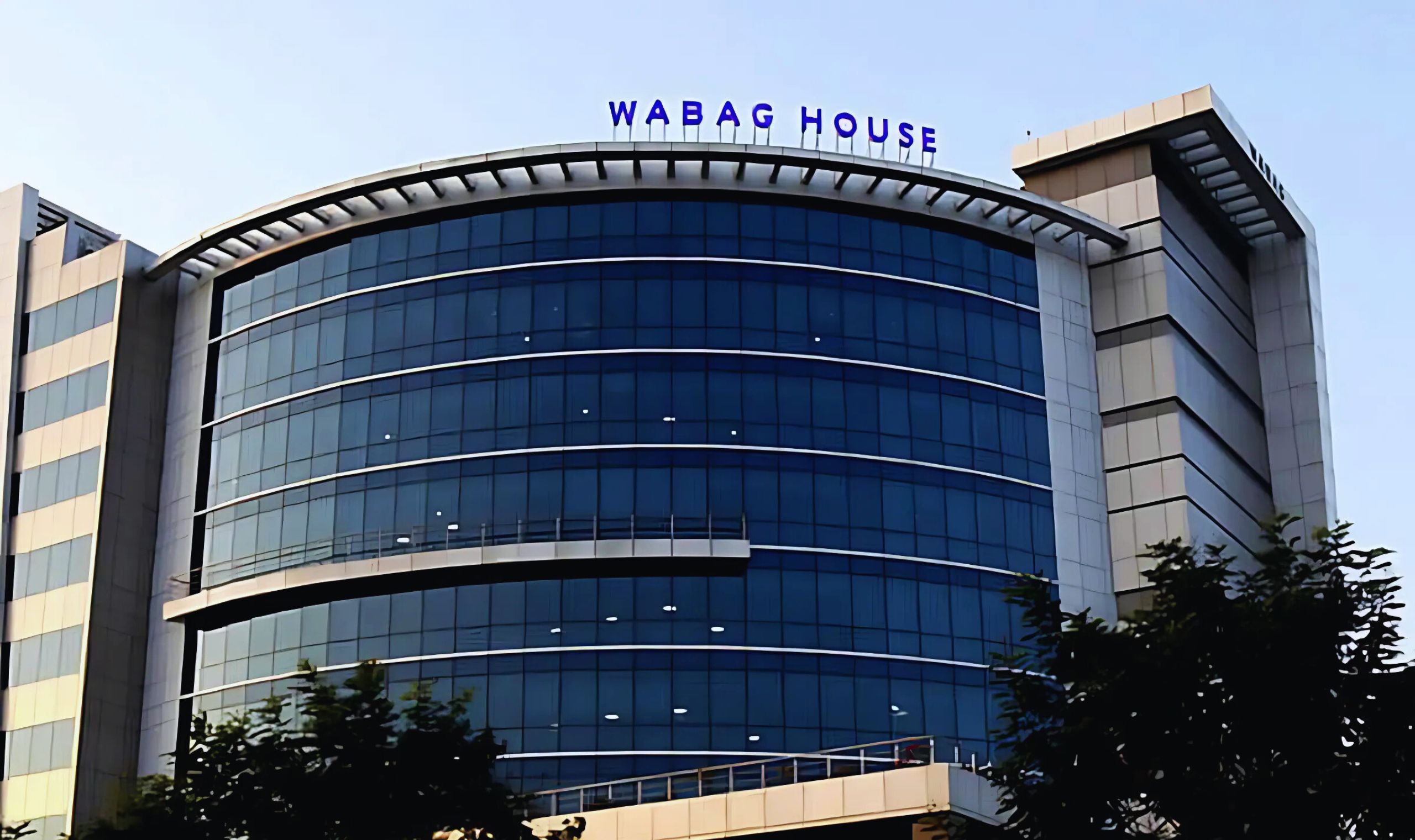DLF’s revenue rose by almost 47% YoY to Rs 2,135 cr in the March quarter as against Rs 1,456 cr for the same period last year.
However, DLF stock fell more than 2% on May 15 even though it reported strong fourth quarter numbers, positive management commentary and bullish comments from analysts. This decline has been attributed to profit taking by investors after the stock rose nearly 32% in the last six months.
On May 14, DLF announced that its net profit for Q4 FY24 jumped up by a whopping 61.5% to Rs 921 crore. For the full year of FY24, the company’s net profit also rose by around a third to Rs 2,733 crore. Moreover, revenues during March quarter increased by nearly half YoY to Rs 2,135 crore with consolidated revenues for FY24 at Rs6,958 crore.
Read Also: Global Funds Shift to Longer-Term Indian Bonds
During fiscal year ended March 2024, DLF launched almost six million sq ft of new real estate offerings which were quickly absorbed when released thus effectively monetizing nearly all the inventory during launch phase. The company has plans to launch over 11 million square feet of new projects in the upcoming fiscal across Gurugram, Mumbai, Goa and Chandigarh Tri-city with an estimated sales potential of approximately Rs 36k cr.
Despite this however Motilal Oswal still maintains its neutral rating on DLF and raised its target price further to ₹850 as they believe significant land reserves provide visibility for future growth. They do admit though that much of this possibility has already been priced into it thereby leaving limited scope for upside from current levels.
Alternatively Nuvama is quite upbeat about DLF which maintains a buy rating and lifted its price target from ₹1021 to ₹1081. The brokerage expects strong presales momentum driven primarily by good housing demand and solid pipeline for new launches over FY25. Furthermore investor appeal is boosted by DLF’s dominant rental portfolio along with ability to grow organically through internal accruals.
Read Also: SEBI to Tighten Listing Rules for Small Businesses
In conclusion though QIP and robust financial performance imply the company’s strong market position, the recent dip in its stock price reflected the normal profit taking phase after a marked appreciation over past months.















0 Comments